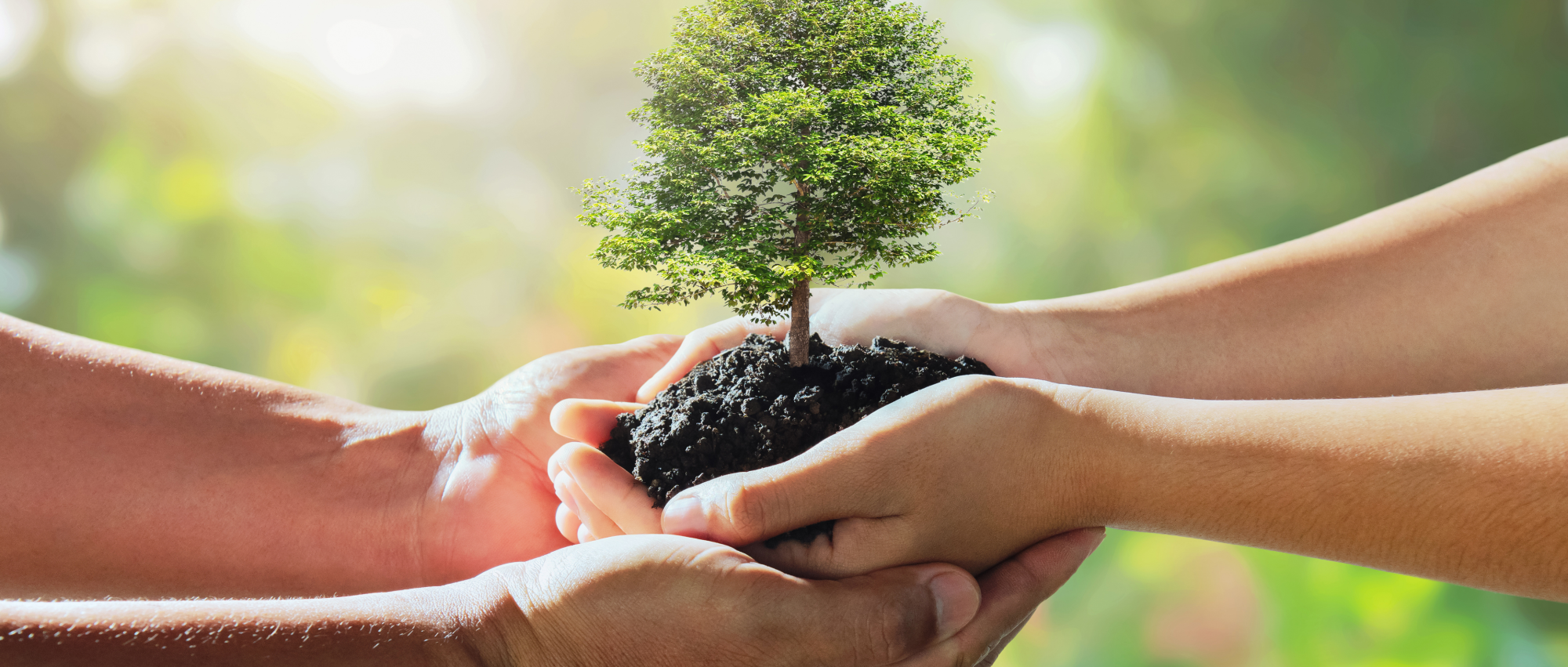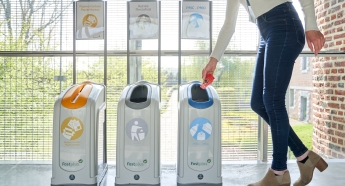About Fost Plus
Fost Plus is the driving force behind an ecosystem that aims to prevent resources from becoming waste. By working closely with the general public, businesses, governments and experts, we create sustainable material chains, contributing to a better world.

Sustainable materials management
The awareness that our production and consumption habits are placing an excessive burden on the environment is widespread in society. Resources and materials are valuable but not infinite. With and through Fost Plus, the packaging companies are taking a leading role in encouraging everyone to embrace sustainable materials management.
Fost Plus aims to bring about this change of hearts and minds in favour of circularity. After all, the more we design, reuse, repair, preserve or recycle sustainably, the more we can maintain everything of value. Everyone has a role to play here. Our goal is to facilitate, accelerate, improve and innovate this transition.
Our role in society
Fost Plus was set up in 1994 to fulfil its members' take-back obligation. We therefore created efficient structures so that members of the public can sort correctly anytime, anywhere; together with the companies concerned, we improved packaging design in order to improve recycling; we developed a local recycling chain.
But the world is changing and so is our role. From design and (re)use to recycling; wherever raw materials are used to make (packaging) materials, we aim to ensure that this can be done in a sustainable, infinite chain. Fost Plus is ISO9001 certified. This shows to our partners that our processes meet international standards and that we place great focus on continuous improvement.
Our approach in four pillars
1 Citizen Engagement
The general public is key
The circular economy involves us all. Without the daily efforts of millions of ordinary people, we are nowhere. Our job is to make their lives as easy as possible, with simple systems, clear communication and innovative solutions so that they can fully assume their role.

2 Service Alignment
Being and remaining relevant
The circular economy is evolving rapidly. We have to dare to reinvent ourselves and continuously adapt our services to the changing needs of the general public, businesses and governments. This is the only way to keep our finger on the pulse and build systems that are and remain relevant.

3 Local Ecosystems
Investing in local capacity
A sustainable circular economy should preferably also be a local economy. By processing materials close to home, we reduce our carbon footprint and make new raw materials available to our businesses. Local ecosystems also create more jobs, additional investment and groundbreaking innovations.

4 Smart Circularity
Smart collaboration in the chain
Above all, we need to adopt a smart approach to finite materials. The first step is close cooperation in the chain, based on transparent and reliable data. This gives us a 360° view of the materials cycle and shows us how we can better design, (re)use, repair, preserve and recycle.










